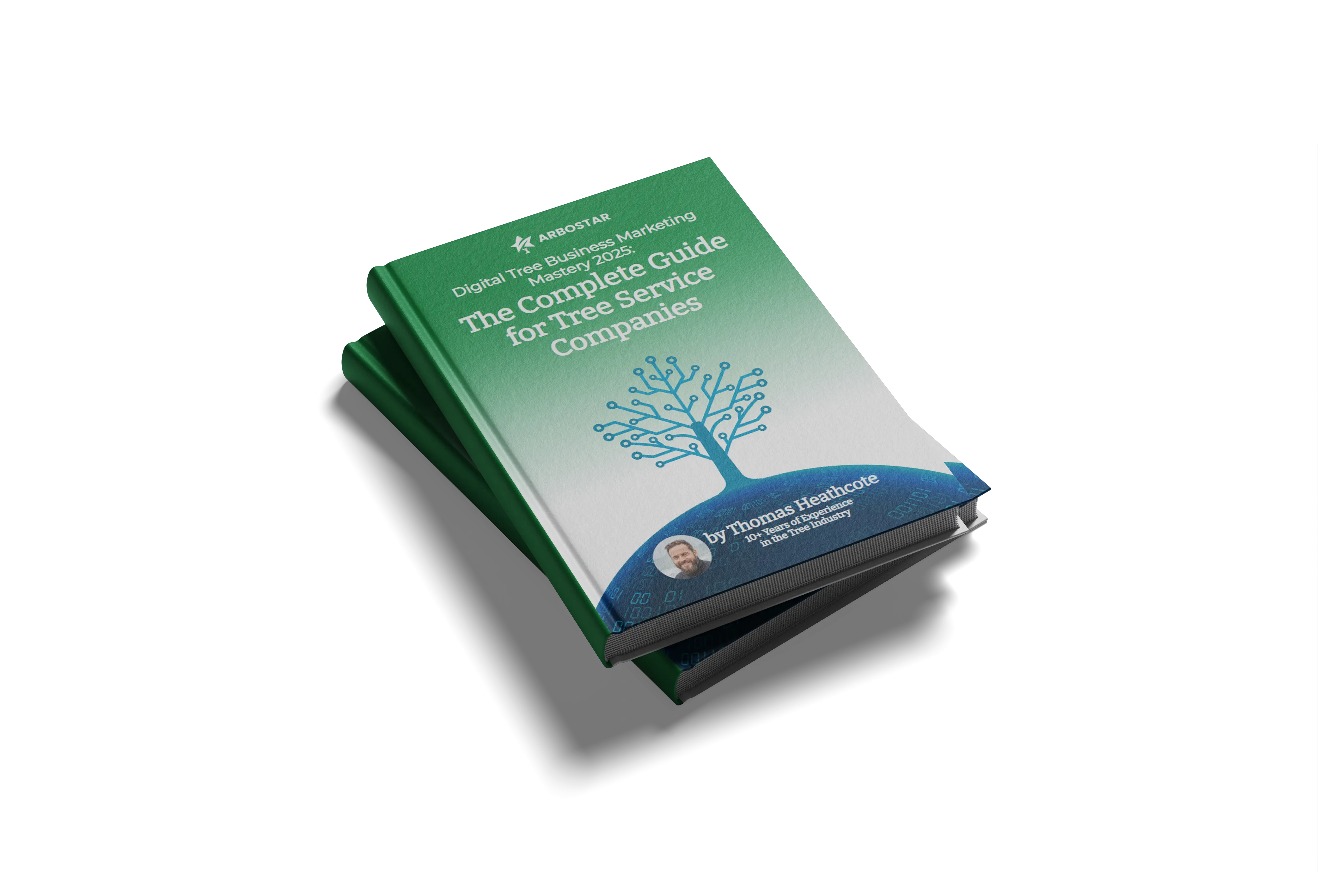Keeping Your Employees Engaged

With regards to work engagement, moral conduct and general respect is much more important than many people think. Being content with your work really relies upon intangibles such as group dynamics and feelings of esteem and appreciation.
While a lot of these fundamentals may seem like simple judgment, you would be astounded by the number of administrators and companies who disregard them.
Here are a few approaches and techniques that are great for spurring and engaging important representatives.

Clearly Define Your Vision
Representatives who are confused or feel that their tasks are pointless aren't likely to be motivated to do work. Make sure that you convey your company's vision to workers on a regular basis, and that they comprehend the means and effort that will be used in order to achieve it.
Give Employees the Tools They Need
Don't simply assume that every one of your representatives is getting all of the tools, time and support they actually need to do their work. Ask them what they need, what their hindrances to productivity are, and make a genuine effort to resolve any issues.
Communicate Constantly
Perhaps one of the most important pieces of an administrator's work to impart adequately with their staff. Encouraging a culture of correspondence, in which, chiefs and representatives share objectives and work together, can be extremely beneficial in terms of improving an organization's operations.
Use channels like email, bulletins and gatherings to introduce your vision to your representatives, and to remind them of it regularly. Make a point to ask for further inquiries, and should they have any, clarify it in an extensive and contextualized way.
Get Everybody Involved
Sort out an approach to get the entirety of your workers occupied with important tasks, and encourage a group dynamic. Thusly, undertakings turn into their common issue and concern, something they collectively need to succeed.

Coach for Success
Criticism is another incredible method to spark improvement, when done appropriately. Both positive and negative criticism ought to be offered regularly in a workplace, primarily to support business execution and to prompt workers to make ongoing improvements. Offer criticism as regularly as possible, as opposed to waiting for scheduled reviews.
Act Fairly, Respectfully, And Create Trust
Use your judgment, shrewdness, and experience to establish a strong work climate. If and when issues emerge, examine the circumstance, comprehend the unique situation, and respond accordingly.
Regard and trust your group, and make a point to be directly involved in the resolutions of any concerns they may have. It's important not to ignore workplace issues, as they can be a major influence in both employee productivity and rapport.
When representatives feel that their work is esteemed, appreciated and valid, turnover and engagement tend to improve and become less of an issue. At the point where an organization upholds its representatives, productivity flourishes, and in turn, so does work outcomes. Through consistent and intentional acknowledgment and commendation, business administrators can have a surprisingly important role in the success of a company's operations. Things such as these are extraordinary motivators, and are tools that can be used to show workers that their work is valued, needed and priority.




